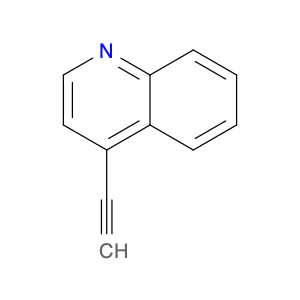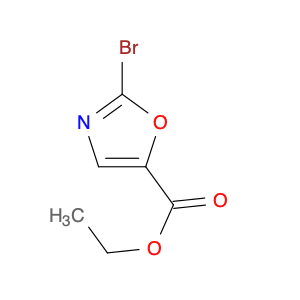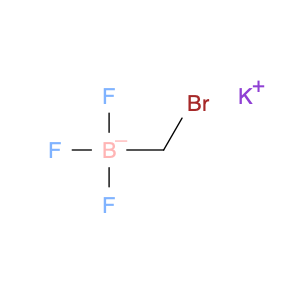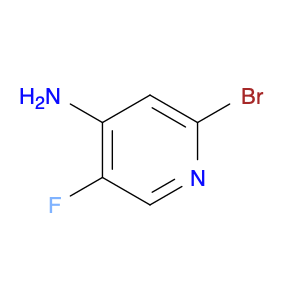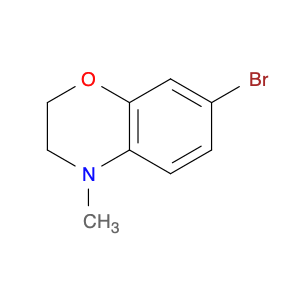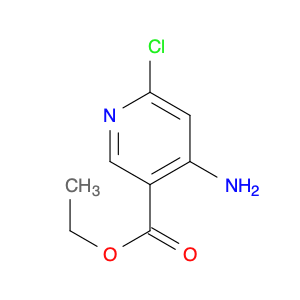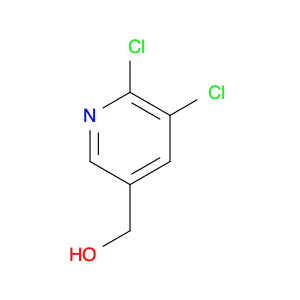4-Ethynylquinoline, also known as 4-EAQ, is a valuable organic compound widely used in chemical synthesis due to its versatile properties and reactivity. This compound plays a crucial role in various applications within the field of chemistry, particularly in the synthesis of complex organic molecules.One key application of 4-Ethynylquinoline is as a building block in the synthesis of heterocyclic compounds. Its alkyne group provides a reactive site for further functionalization, allowing for the formation of diverse structures through various synthetic routes. By incorporating 4-EAQ into chemical reactions, researchers can access a wide range of novel molecules with unique properties and functionalities.Additionally, 4-Ethynylquinoline is utilized in the preparation of ligands for transition metal-catalyzed reactions. Its ability to coordinate with metal ions enables the construction of catalysts that facilitate challenging transformations in organic synthesis. This compound serves as a valuable precursor in the design of catalysts for various synthetic processes, expanding the possibilities for efficient and selective chemical reactions.Moreover, 4-EAQ finds application in the development of fluorescent probes and dyes for biological imaging studies. Its inherent fluorescence properties make it a valuable tool for labeling biomolecules and investigating cellular processes. By harnessing the unique characteristics of 4-Ethynylquinoline, researchers can advance their understanding of biological systems and contribute to the field of bioimaging.Overall, the versatility and utility of 4-Ethynylquinoline in chemical synthesis make it a valuable component in the toolkit of synthetic chemists and researchers across different disciplines. Its role as a building block, ligand precursor, and fluorescent probe highlight its importance in advancing the frontiers of organic chemistry and materials science.
 sales@aaronchem.com
sales@aaronchem.com
